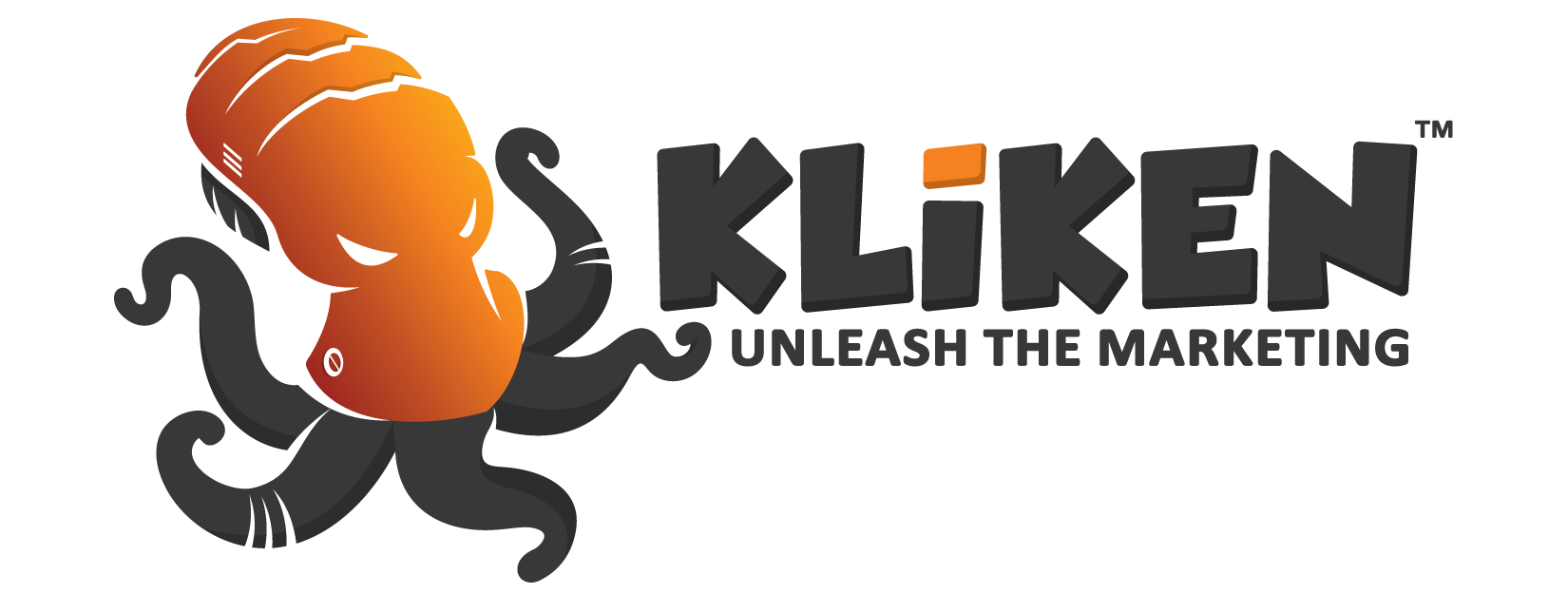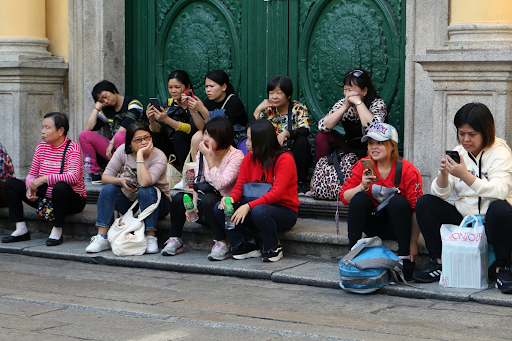Targeting Basics: Like vs. Lifestyle Targeting

You’re scrolling through your feed, minding your own business, when suddenly an ad pops up for a product you didn’t even know you wanted.
That’s the power of marketing.
But what kind of marketing is it? Is it the traditional “like” marketing, where companies target ads based on your interests and demographic? Or is it something different? Perhaps a new form of “lifestyle” marketing that targets ads based on your psychological profile.
At their core, both like and lifestyle marketing are forms of segmentation.
When you hear the term segmentation, generally it’s about creating groups of people with similar characteristics.
Targeting in marketing takes segmentation a step further.
Targeting in marketing means narrowing down the segments you’ve created to answer the important question: which ones am I going to market to?
In this article, we’ll review the basics of target marketing. More specifically, we’ll break down the difference between targeting by likes versus targeting by lifestyle.
What is the difference between like and lifestyle targeting?
Like marketing is based on demographics like age, gender, location, and interests. Companies use this information to target ads to people who are likely to be interested in their product.
Lifestyle marketing, on the other hand, uses psychological profiling to target ads. This means that companies are looking at things like your personality type, your values, and even your mental state. They use this information to target ads that will appeal to you on a more personal level.
So which one is better? There’s no clear answer, but both have their pros and cons. Like marketing is more efficient because it reaches people who are already interested in your product. However, lifestyle marketing can be more effective because it targets ads specifically to people who are most likely to be receptive to them.
Breaking down lifestyle targeting
|
Before we get into targeting in marketing, let’s better define lifestyle targeting.
There are three main types of lifestyle marketing segmentations: These are activities, interests, and opinions. Grouping shoppers into one of these three categories can help you to better understand the overall lifestyle of your consumers. Doing so makes for more impactful marketing campaigns because it strikes a chord of who that shopper is in daily life, not just based on historical patterns. This, in turn, makes it easier to sell goods and services to them. These segments are pretty self-explanatory, but we’ll go into a bit more detail here: |
Activities are the things your customers do. More importantly, they are the things your customers spend their money on to enable them to maintain their lifestyles.
So, for example, an activity lifestyle segment that a shopper can be grouped into is “winter sports enthusiasts.” Purchasing equipment like skis, snowboards, snowshoes, and the like enable them to participate in that activity lifestyle segment. So understanding a person’s activity is ideal for certain types of targeting in marketing. This type of segment also tells you something else about the shoppers lifestyle – they are likely athletic, follow winter sports and teams, and are probably involved in many different winter sports.
Standard marketing platforms focus on interests, which is a much broader target than an activity-based lifestyle target.
Interests
Broad categories, such as a love of travel, can be classified as interests in the world of lifestyle segmentation. That’s because a vast number of goods and services can be sold to consumers grouped into this type of segment.
An interest can include a number of activities. Let’s go back to our example of the winter sports enthusiast activity lifestyle segmentation for reference. Winter sports is an activity because it’s constrained to a particular set of equipment and actions. The goods and services that can be sold in this category are limited.
Travel, however, is a whole industry in itself that goes way beyond selling plane tickets. It can include food, clothes, apparel, experiences, online content, and so much more. There’s a diverse economy that orbits around travel. And that world is its broad “interest” lifestyle segmentation.
Opinions
The opinion lifestyle segment is usually concerned with selling content. Categorizing consumers by their expressed beliefs and opinions about various matters can be a good way to effectively market to them or sell them appropriate content.
Opinions can be things that your consumers value, political and philosophical beliefs, or worldviews
How do marketers conduct lifestyle segmentation?
“Like” marketing can tell you that a particular shopper may be disposed to purchase scuba gear because he or she has done so in the past.
Lifestyle marketing goes a step further and takes the information gathered from “Like” marketing to create a story about an individual shopper. It categorizes him or her by activity, interest, or opinions.
Naturally, information about consumers’ likes is important for the whole process, but it is just the beginning. It’s the foundation for the story that’s created during the lifestyle segmentation phase.
Get More with Kliken: Unleash the Marketing!
With Kliken, marketing your brand has never been easier. Because we do all the heavy lifting for you. That way you can focus on running your business.
Our proven marketing solutions can help you to unleash the potential of your ecommerce business. Learn more about how customers use Kliken to grow their businesses online here.



